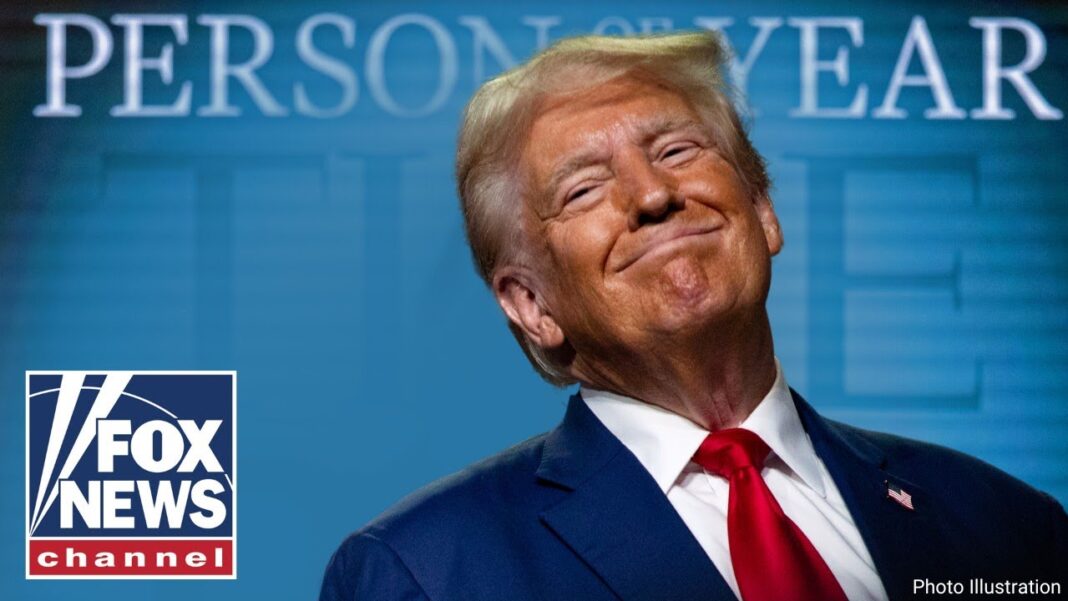Education Superintendent Ryan Walters’s tool, which is now available to the public, is viewed as the backlash to progressive bias in U.S. public education.
Oklahoma’s recent “America First” initiative for K–12 education has renewed debate on partisanship in public education.
Teacher candidates from outside the Sooner State are now screened for progressive ideologies such as transgenderism or critical race theory.
Oklahoma Education Superintendent Ryan Walters said the measure was to root out “woke politics” and protect parents, rights, and religious freedom.
Critics have characterized the assessment as a political loyalty test that won’t help improve outcomes in schools.
But some education policy watchdogs say that other states have pushed politically-biased directives for years in more subtle ways, such as mandatory diversity oaths and equity commitments.
Oklahoma’s countermeasure is seen as a backlash that could result in scrutiny of subjective, not objective, classroom instruction across the country, including university programs, the policy experts said. One education group suggests a return to non-partisan civics courses.
“At the end of the day, there are some real threats to free speech on both sides,” Adam Szetela, author of the recent book, “That Book is Dangerous! How Moral Panic, Social Media, and the Culture Wars are Remaking Publishing.”
“You’re not going to put an end to this unless you have real political diversity in the teacher training programs,” he told The Epoch Times.
The Assessment
The PragerU free curriculum company developed Oklahoma’s teacher qualification test to “counter the harmful” effects of state-required cultural competency trainings, like California’s certifications for supporting LGBT children, its website says.
“At a time when schools are being used to push radical agendas—from gender ideology to anti-American narratives—this test helps direct and support educators who are committed to teaching students the foundational values that have made America great,” the website says.
The 34-question multiple-choice test mostly covers basic American history or government, with the applicants being asked to name the two chambers of Congress, and the Constitution’s introduction.
Several questions are rhetorical, where an applicant could easily determine the answer based on the premise of the test, even if they believe otherwise.
This includes, “Why is the distinction between male and female considered important in areas like sports and privacy?” and “Should teachers be allowed to express their own political viewpoints in the classroom in order to persuade the student to adopt their point of view?”
Other questions relevant to gender ideology include, “What is the fundamental biological distinction between males and females?” and “What did the Supreme Court rule in the 2025 case Mahmoud vs. Taylor?”







